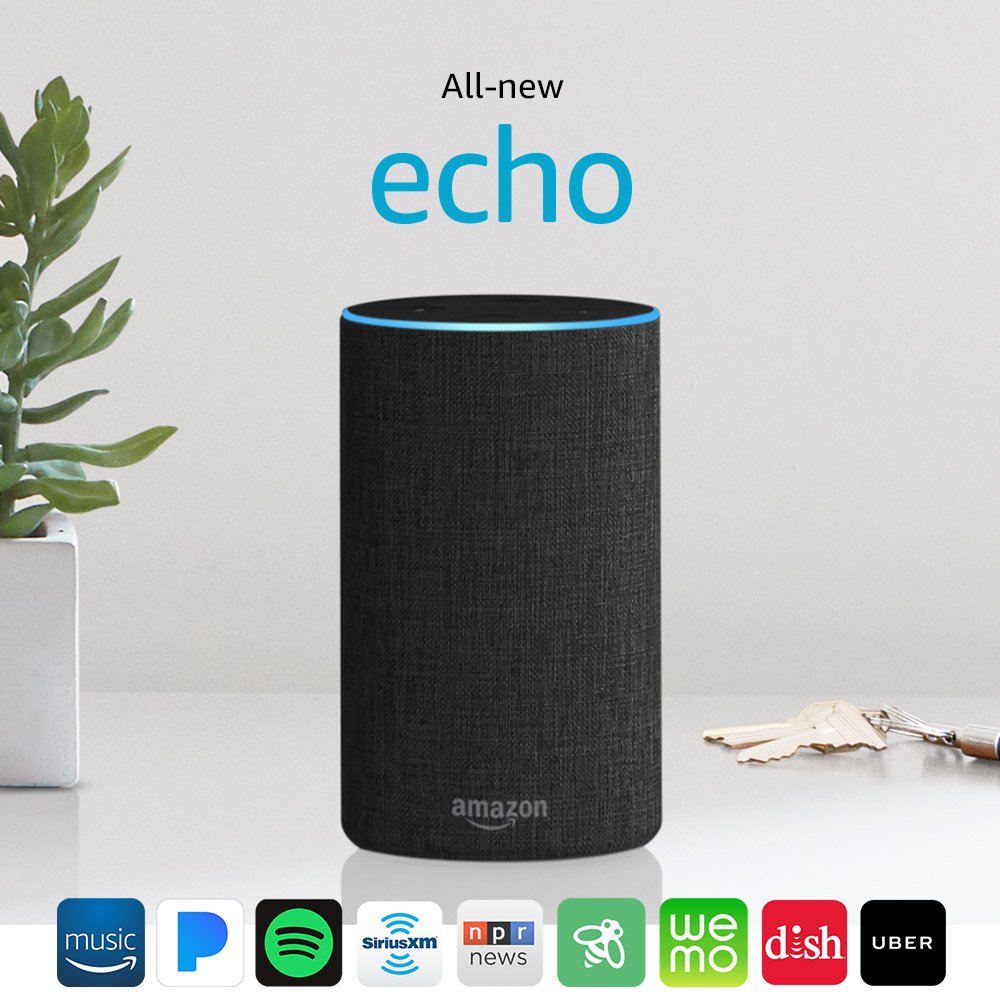Apple is historically a company that refuses to be left behind the technological curve. It either innovates by offering amazing products before most of the marketplace does — such as with the iPod — or develops items that directly compete with already available and popular products.
The HomePod is Apple’s smart speaker, which falls into the latter category. But does it succeed in its goal, and is it worth purchasing?
Is the Apple HomePod worth it?
1. It Offers Fantastic Sound Quality
If you’re an audiophile and mainly looking for a sleek speaker that sounds amazing in your living room, the HomePod could prove a worthy purchase. There are eight speakers inside it, seven of which are tweeters that push sounds in various directions. That means it offers an immersive auditory experience that seems much bigger than what should come from such a small speaker.
The device also conducts a 10-second sound test when you bring it into a room, sending beams of sound in all directions. It then can tell when they bounce back and where from, which offers information about the room’s dimensions and how to make the music sound best in it.
2. It’s Based on Apple Music
One of the persistent criticisms of the HomePod is that it forces you to use Apple’s products, rather than third-party apps that do similar things. As an example, its music library comes from Apple Music.
If you use Spotify and want to listen to a playlist from that service, you’ll have to use AirPlay, plus a Mac or iPhone, to stream the content through the HomePod.
3. It Has a Cool Waveform Indicator
Most of the smart speakers available for purchase only have lights that indicate they’re turned on and listening. Apple went a visually pleasing step further and built the HomePod with a swirling, colorful and touch-sensitive waveform that responds to every word you say.
Reviewers like the moment-to-moment feedback that assures the device picked up vocal cues, and appreciate that it looks appealing, too.
If the “wow” factor is important to you while showing off the HomePod in your living room, the speaker’s design should certainly help. Otherwise, the smart speaker may not be the best option.
4. Alexa Offers Many More Capabilities
To some people, Apple products fall short right out of the box. Take the iPad, for example. It didn’t come with a stylus, which made it difficult to do some highly precise tasks with the tablet.
So, the company later released the Apple Pencil, which was a less-than-ideal accessory in many ways. Similarly, the HomePod can’t do as much as any of Amazon’s smart speakers because it’s not as feature-rich.
You can depend on Amazon’s virtual assistant Alexa to help with making phone calls, giving you details about a new restaurant’s opening hours and so much more. And, if an Amazon speaker can’t do what you want via built-in capabilities, there’s a good chance you could boost its usage by activating a skill from a third-party company.
However, on the HomePod, Siri only makes the speaker work with a few Apple-based applications that don’t include email or the calendar.
5. The HomePod Can Hear You While the Music Plays
Besides making the HomePod sound great, Apple’s engineers built it to detect your voice from 15 feet away, even when playing tunes at 80 percent volume. That’s useful if you depend on the HomePod to provide background music at a party.
However, there’s a substantial limitation to what the HomePod hears, which is that it cannot differentiate between voices yet. Unlike Google Home and Amazon’s speakers, the technology can’t tell when you speak versus when your daughter, spouse or anyone else who lives in the same household does.
6. It’s a $349 Investment
The $349 price tag for the HomePod is understandably a characteristic that could discourage people from buying it. You might agree, especially if you’re just curious about what the smart speaker market offers and how its products could make your life easier.
In closing, if you’re a diehard Apple aficionado and interested in getting a speaker with higher-than-average sound quality and obvious visual appeal, consider the HomePod. Otherwise, you’re better off finding speakers that do more and cost less.
For a cheaper version you could try the Google Home.







